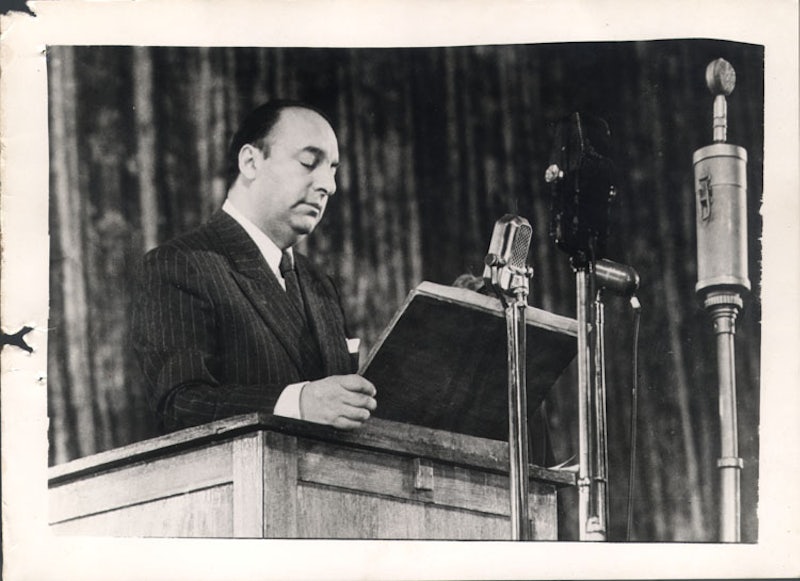Beginning Activities
A Doll House and The Importance of Being Earnest
Activity One: Reader’s Theater
1. Before students
begin reading either play, randomly assign students to read and perform the
following scenes.
2. Allow five minutes
for a read through and a brief discussion among the group on how to
read/perform the parts.
3. As students watch
the performances, have them record initial impressions and make predictions.
4. As they read the
plays, students should test their initial responses against their later ones.
Suggestions for
Student Notes:
1.
What conclusions can we draw about the characters? Do they remind you of
people you know or of characters in other
works?
2. What conflicts seem to emerge in act
one? Act three?
3. What leads you to your conclusions?
4. If the same passages are performed, are there
differences in characterization?
5. What commonalities do you see between the two
plays? Differences?
6. What questions do you have after watching the
plays?
Suggested Scenes from
A Doll House (Dover Thrift Editions)
Act 1:
Pages 1 – 2. Beginning scene through Nora’s speech that
begins with “Whatever you say
Torvald.” (Nora, Torvald, Delivery Boy
(“Porter”))
Pages 6 – 7. Entrance of Mrs. Linde through her speech
that begins with “Your husband? How marvelous!” (Nora and Mrs. Linde)
Pages 14 –
15. Krogstad’s first lines “It’s me, Mrs. Helmer” through Nora’s speech that begins with “Oh come on Dr.
Rank – you really do want to live yourself.” (Krogstad, Mrs. Linde, Nora, Dr. Rank)
Suggested Scenes from
The Importance of Being Earnest. 1899 Google Boocs Ed.
Act I:
Pages 1 – 5.
Opening Scene through Algernon’s speech that begins with “Lane’s views on marriage seem somewhat
lax. (Lane, Algernon)
Pages 6 – 8. Jack’s line “I am in love with Gwendolen
through Jack’s speech that begins
with “Cecily! What on earth do you
mean?”
Pages 19 -
21. Lady Bracknell’s line “Good
afternoon, dear Algernon, I hope…” through
Lane’s exit after Algernon discovers there are no cucumber sandwiches.(Lane, Algernon, Gwendolen,
Lady Bracknell, and Jack.)
Act II:
Pages 55 – 57. Beginning of scene with Miss Prism through
Cecily’s speech that begins with “I wish
Uncle Jack would allow that unfortunate young man, his brother, to come down here sometimes.”
Pages 59—?. Begin with Miss Prism and Dr. Chausible’s
return from their walk:
Miss
Prism: “You are too much alone, dear Dr.
Chausible…” and end with Jack’s
entrance.




































